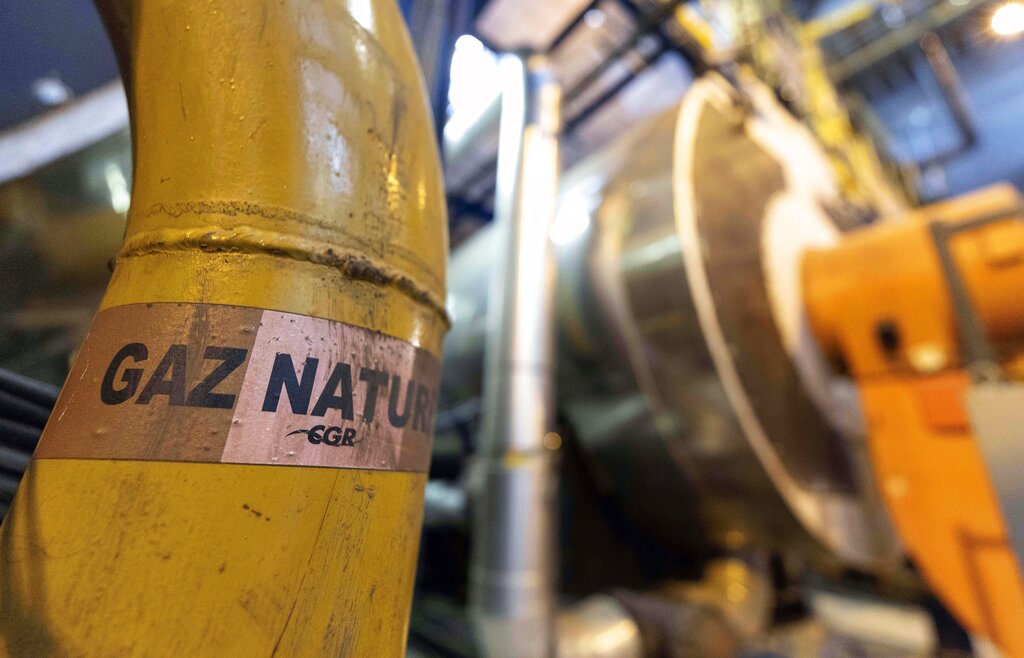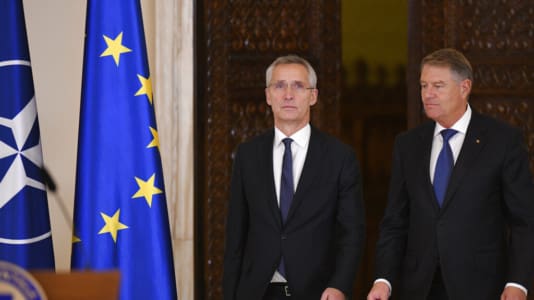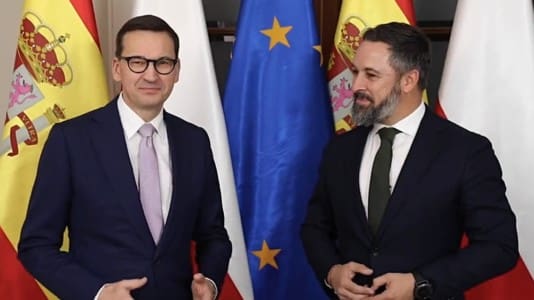For more than two months there has been a political struggle between the majority of EU member states and the European Commission regarding the introduction of a price cap for the EU’s imported gas.
What is more, there was a dispute between the President of the European Commission Ursula von der Leyen and the President of the European Council Charles Michel, who demanded an implementation of the European Council’s conclusion from Oct. 22, which stated directly that the Commission is to prepare an appropriate directive prior to the meeting of EU energy ministers held on Nov. 24.
Although the Commission prepared such a directive, the proposed price cap of €275 per MWh is even now two times higher than the current prices, as contracts on the Dutch market are at the level of around €125 per MWh.
At the price level proposed by the Commission, the ceiling price mechanism would not be used and therefore would not affect the prices of gas in Europe, which are currently many times higher than in autumn of last year.
At the beginning of October, Poland, Italy, Belgium, and Greece joined forces to lobby the European Commission to create a directive project that would introduce gas price limits across the EU. Those countries created a petition that was sent to the Commission which was signed by energy ministers of 15 member countries: Belgium, Bulgaria, Croatia, France, Greece, Italy, Lithuania, Latvia, Malta, Poland, Portugal, Romania, Slovakia, Slovenia, and Spain. A so-called double majority (at least 15 countries, representing at least 65 percent of the EU population) was formed, which was necessary in the case there were opponents to this solution.
Since the beginning of the campaign to limit gas prices across the EU wholesale market, Germany has opposed the idea, as the country was ready to pay any price to fulfill its needs after Russia ceased its gas imports.
According to the energy ministers of those countries, a reasonable price cap could be created in a way that ensures supply security (the largest concern of some countries), as well as the free flow of gas.
Despite such assurances, Germany continues to block the final version of the directive, supported by the Commission’s proposals, including the absurdly high suggested price for gas imported to the EU.
Following the latest meeting of the energy ministers, the Commissions’ proposals were deemed downright ridiculous. Discussions regarding the issue will continue for the next two weeks so that at the next meeting of the Council on Dec. 13, a final price is agreed upon.
The Commission proposed a similarly absurd price cap for crude oil, which not only the EU but also the G7 countries such as the U.S., Canada, and Japan want to introduce. That price is $65 per barrel, while the extraction cost in Russia is just $20 per barrel. The mechanism is meant to limit Russian profits from oil exports that are then used to continue the war against Ukraine.
Previously, the G7 countries discussed a set price of $40 per barrel, but it turns out the Commission is much closer to Russia’s interests than most of the bloc’s member states and their allies.





